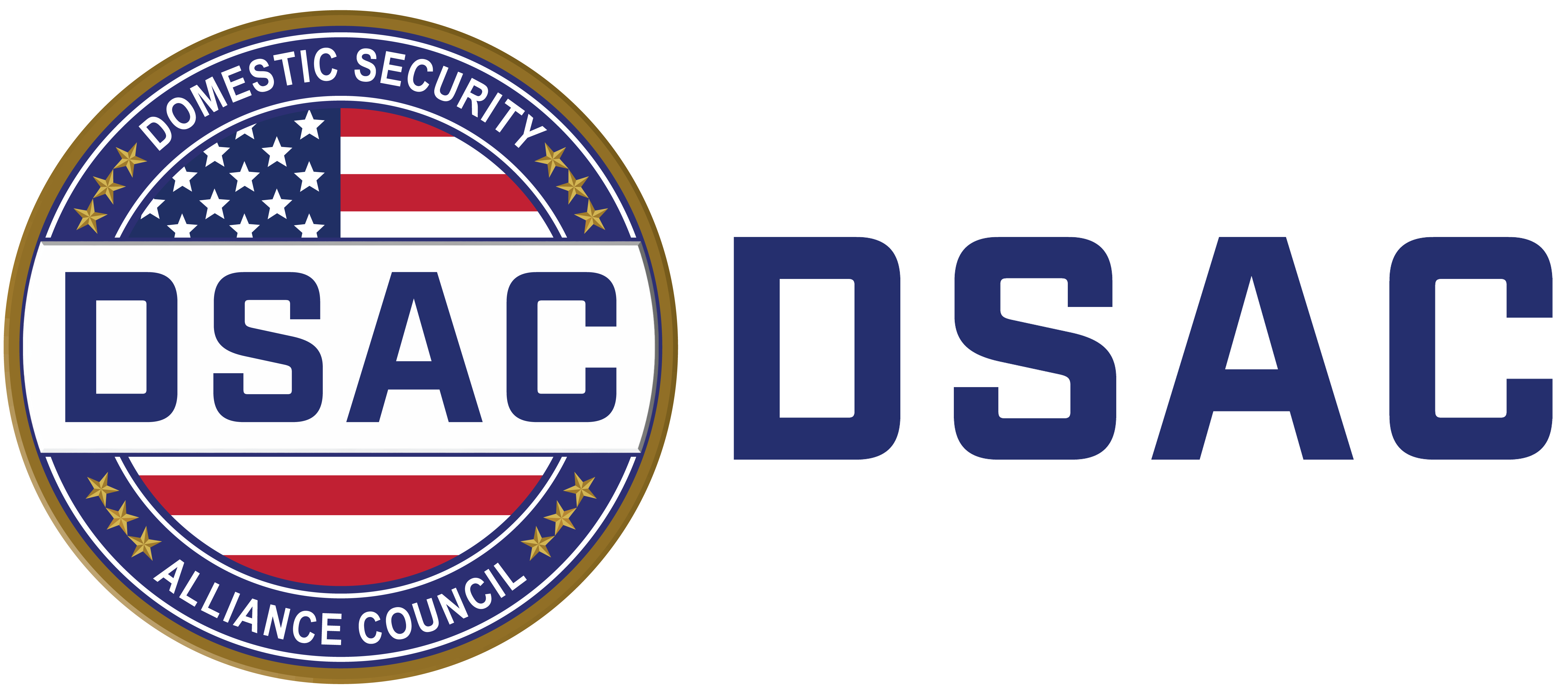DSAC Committees
The DSAC has established committees to support its members and drive important DSAC functions forward. These committees are chaired by a private sector member company representative. The EWG shall be assisted in carrying out its responsibilities through the work of committees.
Education and Training Committee (ETC)
The ETC is responsible for setting the annual education and training direction on behalf of DSAC and develops the training priorities for the upcoming calendar year. Utilizing feedback from DSAC’s Annual Membership Survey, the ETC identifies potential topics, areas of interest and future trends, all which assist the ETC in framing DSAC’s annual education and training priorities. The ETC provides actionable suggestions and recommendations for educational and training opportunities, topics, venues, and best-in-class speakers and content. Additionally, the committee is responsible for measuring the effectiveness of the education and training events hosted by the DSAC program. The ETC is key to providing first-class, relevant and valuable educational and training opportunities for the benefit of the DSAC Membership.
Threat and Resilience Information Sharing Committee (TRISC)
The goal of the TRISC is to provide DSAC Membership secure opportunities for timely and relevant information sharing and collaboration to mitigate threats, enhance resiliency, exchange best practices, and support a whole of security approach to unify the DSAC community. As a component of its mission, TRISC facilitates threat and resilience information sharing to and between DSAC Membership and non-DSAC organizations, as well as, the pursuit and use of technology to enhance the timely, secure sharing of information, capabilities, and resources for all DSAC constituents. Furthermore, risk and its individual components (threats, vulnerabilities, and consequences) are principles of resiliency, which the TRISC leverages to assist the DSAC community in protecting its employees, assets, operations, and proprietary information.
The Membership and Engagement Committee (MEC)
The MEC is responsible for establishing policies, procedures, and standards for the DSAC to include new member vetting, removing members, and engagement requirements consistent with the basic criteria established by the USG. The MEC ensures new members are immediately keyed into the opportunities and resources DSAC has to offer. Additionally, as DSAC grows and evolves, the MEC reviews the DSAC composition to ensure all sectors, subsectors, and regions are represented.
Senior Advisory Group (SAG)
SAG members serve to share legacy knowledge and provide additional private sector perspective by teaching, presenting, and mentoring current DSAC members. Members join Committee initiatives as well as conduct independent activities and provide the DSAC EWG with recommendations. The SAG is comprised of former EWG Members and Committee Chairs who were highly involved during their leadership tenure.
